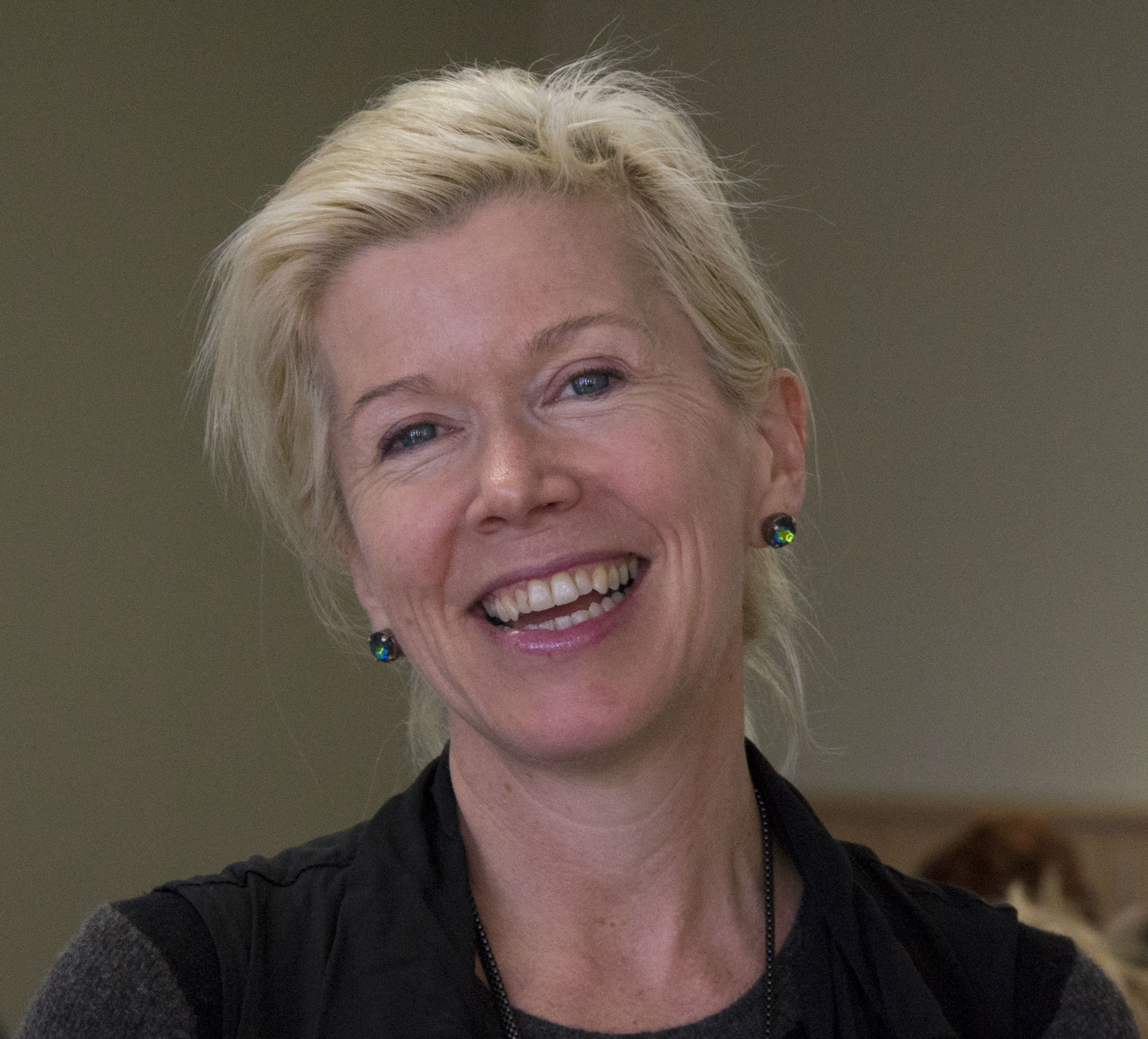
This course will be run over 3 days in three sessions per day:
10.00am - 11.30pm - Sessions 1
12.00pm - 1.30pm - session 2
2.30pm - 4.00pm - Session 3
This course will run on Australian Eastern Daylight Time (UTC +11)
ie Canberra, Sydney Melbourne daylight savings time
Dr Delwyn Goodrick is a psychologist who undertakes program evaluation and social research with a wide range of government and private sector clients. She is an experienced trainer having conducted a range of specialist workshops in research and program evaluation in Australia, Singapore, the US, UK, Canada and New Zealand. Most of Delwyn's work relates to health and education contexts. She maintains her own private consultancy practice and is currently working from New Zealand.
The course is structured to progress participants through the key stages of an evaluation.
Participants are exposed to key theories and approaches to evaluation, and then encouraged to consider the application of these approaches to their own work context.
Participants will be guided through negotiation and planing an evaluation, through to final reporting and dissemination of findings. Examples from published studies and the facilitator's applied practice in evaluation will be drawn apon to illustrate and reinforce key concepts.
Day 1
What is program evaluation? How does it differ from social research? Main points discussed include:
- The role of valuing in evaluation.
- Implications of the Commonwealth Evaluation Policy/ The Indigenous Evaluation Strategy
- Key Evaluation types and approaches.
- Key evaluation design considerations for different purposes.
- The roles of internal and external evaluation.
- Fostering the use and influence of evaluations.
- The roles of critical and participatory evaluation in evaluation with, for and by First Nations communities.
Day 2
Planning and designing an evaluation, and working with stakeholders. Main points discussed include:
- The role of program logic and program theory in evaluation
- What is program logic and when is it helpful? How is it different from investment logic?
- What skills do I need to facilitate a program logic mapping session?
- Getting from initiation to a final evaluation brief
- Designing an evaluation plan, and its key components.
- Importance of identifying evaluation scope and audience information needs.
- Budgeting for evaluations.
- Defining key evaluation questions (KEQs).
- Issues of attribution, contribution and causality.
Day 3
Supporting the use and influence of evaluation. Constructing evaluation reports. Discussion points include:
- Structuring the report.
- Considerations in generating valid and credible claims.
- The role of program evaluation standards and core competencies in evaluation.
- Disseminating evaluation findings and influencing their use.
- Building a culture of evaluative thinking in public sector agencies.
- The role of monitoring and evaluation frameworks.
This course will take place via Zoom. No particular software is required other than the Zoom download.
This course assumes a basic understanding of methods of data collection, including surveys, focus groups and other group methods, interviews, document analysis, and data retrieval for secondary data.
- Patton, M.Q. (2008). Utilization-focused evaluation (4th ed). Thousand Oaks, CA: Sage.
- Torres, R.T., Preskill, H., and Piontek, M.E. (2005). Evaluation strategies for communicating and reporting: Enhancing learning in organizations (2nd ed). Thousand Oaks, CA: Sage.
Q: Are there any prerequisites for this course?
A: You should have a basic understanding of data collection – see recommended background.
Del gives a master class in program evaluation. so impressed with her breadth of knowledge and experience
The content was extremely practical and well delivered - I have been on other courses before on evaluation, and I have to say that Del is so far above and beyond the others - I wish I had of found her years ago!!! She made excellent points around the difference between social researcher and evaluation which were so beneficial for me. GOLD STAR!
I am in a research position but can see how evaluation skills and knowledge learned will help with interactions with different stakeholders in the research. It is also useful to know that evaluation is a viable career option and that I have the background to do it should I choose to go in that direction.
Complementing the high quality of the lectures, I very much appreciated being provided (by email, and across all five days) with a varied (and relevant) range of materials. Some of the materials were in direct response to specific questions asked during the lectures
I came looking for a really good grounding in program evaluation and the course gave me this. Wanted both theory and practice and got this. Excellent presenter!
Great balance of theory practical activities & opportunities to explore evaluation from the prospective your own projects.
Highly relevant to clients needs, a lot of the research we conduct informs service improvement and evaluation of client programs.
Its been really useful to learn about the profession more generally but also specifically to logic maps and have these related to evaluation framework. It has been invaluable to my job and Del was very knowledgeable.
A great opportunity to maneuver day to day work and provide tips, checklist, better process to design & evaluations.
Delwyn is a dynamic presenter with a wealth of subject knowledge. It was really useful that Delwyn was able to illustrate topics that we discussed with examples from her past work. Really enjoyed the course and learnt a lot about evaluation processes.
This have given me some clear theories for design my programs, understanding considering evaluations; Given me great insight into knowledge paradigms and productions.
The instructor's bound, book length course notes will serve as the course texts.
These will be sent to your 'shipping' address in advance of the course.
